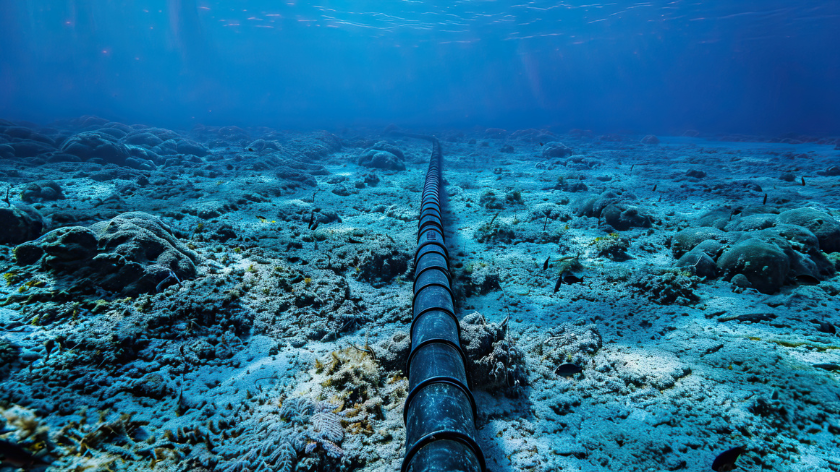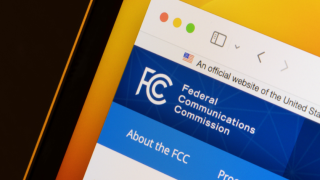In a joint open letter, major players including Alcatel Submarine Networks, GlobalConnect, NKT, Orange, Proximus, Sparkle, Telefónica, Telenor, and Vodafone have issued a rallying cry to decision-makers to work more closely with industry on bolstering the security of critical subsea infrastructure.
Subsea cables are often referred to as the “invisible arteries” of the digital world, carrying over 95% of global internet traffic. In their letter, the signatories describe these cables as essential to “Europe’s connectivity, competitiveness, defence readiness, and economic stability.”
The letter highlights increasing concern over hybrid threats to this infrastructure, particularly following incidents in the Baltic and North Seas.
While Europe already boasts a diverse and relatively resilient cable network, the telecom leaders argue that greater coordination and intelligence sharing is necessary to protect against a growing range of risks — from physical sabotage to cyber-attacks.
“With the rise in hybrid threats, including incidents affecting subsea cables in the Baltic and North Sea, we emphasise the importance of enhanced, coordinated action to safeguard Europe’s cross-border networks,” the letter states.
The telecom leaders welcome the EU Action Plan on Cable Security as a key step in the right direction, particularly its focus on the Connected Europe Facility (CEF) — an EU fund that supports high-priority digital infrastructure projects. They stress that effective implementation of the plan requires close dialogue with industry and strong collaboration between EU, UK, and NATO authorities.
“Instruments of the UK authorities and of NATO could strengthen the momentum if coordinated effectively,” the letter continues. “It is crucial to engage industry stakeholders and establish a clear roadmap for implementation.”
The companies stress that the entire subsea cable ecosystem must be formally recognised as critical infrastructure, with the same level of protection, scrutiny, and investment afforded to other high-value national assets.
They also point to the need for funding to support the deployment of advanced technologies for monitoring, detection, and damage mitigation. These efforts, they argue, should be supported by initiatives such as the CEF, the European Defence Fund, and equivalent UK and NATO programmes.
“Investment in advanced technologies to detect and mitigate damage to subsea cables is critical. Such efforts should be supported by funding instruments... It is therefore of utmost importance to confirm and increase the budget allocated to digital, including the CEF, in the future MFF,” the letter notes.
In addition to technological investment, the group calls for regulatory streamlining, including faster permitting processes and simplified governance structures, which they say would accelerate the implementation of necessary security measures.
“By partnering with industry, Europe can leverage advanced technologies and expertise to improve situational awareness, enable rapid response and strengthen repair capabilities,” the letter concludes. “Subsea cable security must be a cornerstone of broader infrastructure protection efforts. By acting now, we can safeguard the networks that underpin our shared future.”
RELATED STORIES
Fragile lifelines: The rising threats and resilience of submarine cable networks
Meta’s Project Waterworth: The world’s longest and highest-capacity submarine cable
FCC targets first subsea cable licensing overhaul in over 20 years








